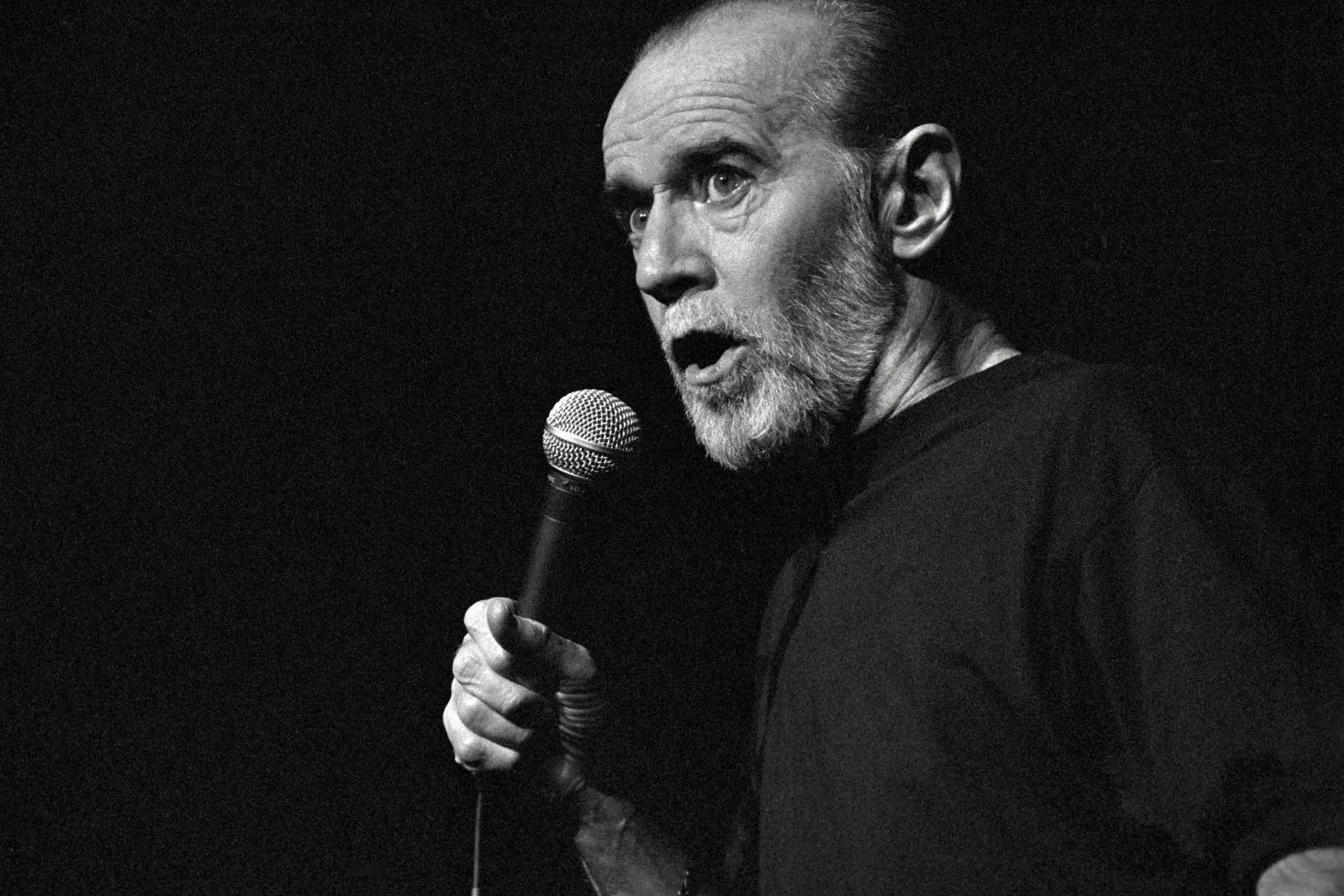In recent years, we have seen that big corporations, especially media companies, punish artists and employees for expressing opinions on social justice, even when the message is aimed at saving human lives.
Here are some examples:
- Colin Kaepernick (NFL): Blacklisted from the NFL after kneeling during the national anthem to protest police brutality and racial injustice.
- James Gunn (Disney): Fired over old controversial tweets despite his advocacy for social justice causes; later rehired after public backlash.
- Jemele Hill (ESPN): Suspended for tweets criticizing Donald Trump and discussing systemic racism and police brutality.
- Megan Rapinoe (U.S. Soccer): Faced backlash and criticism for kneeling during the national anthem and advocating for LGBTQ+ rights and gender equality.
- Gina Carano (Lucasfilm): Fired from “The Mandalorian” after controversial social media posts; her termination highlighted inconsistency in responses to political views within the company.
- Marc Lamont Hill (CNN): Fired after a speech at the UN advocating for Palestinian rights and a “free Palestine.”
- MIA (NFL): Sued by the NFL after a controversial Super Bowl performance; her activism includes vocal support for Palestinian rights.
- Bella Hadid (Dior): Faced backlash and potential brand distancing for publicly supporting Palestinian rights on social media.
- Rashida Tlaib (U.S. Congress): Faced backlash for her outspoken support of Palestinian rights, including the BDS movement.
- Natalie Portman (Genesis Prize): Criticized for declining to attend the Genesis Prize in Israel due to concerns about Israeli policies affecting Palestinians.
- Susan Sarandon: Faced backlash for supporting Palestinian rights and criticizing Israeli policies.
- Zayn Malik: Received social media backlash and potential brand distancing for expressing support for Palestinian rights.
When big corporations target famous celebrities, it draws attention. However, what often goes unnoticed is when small organizations like bars, restaurants, theaters, small performance spaces, and small businesses punish their employees and artists for standing up for human rights. Often, these punishments are carried out discreetly, so the individuals affected are unaware that their future is being influenced by gatekeepers. Although the owners of these small establishments may not publicly affiliate with any particular organization or political ideology, their beliefs often align with those held by large corporations engaging in similar actions.
As the great George Carlin said,
You don’t need a conspiracy when interests converge.
Follow me on IG@AliMehediOfficial
